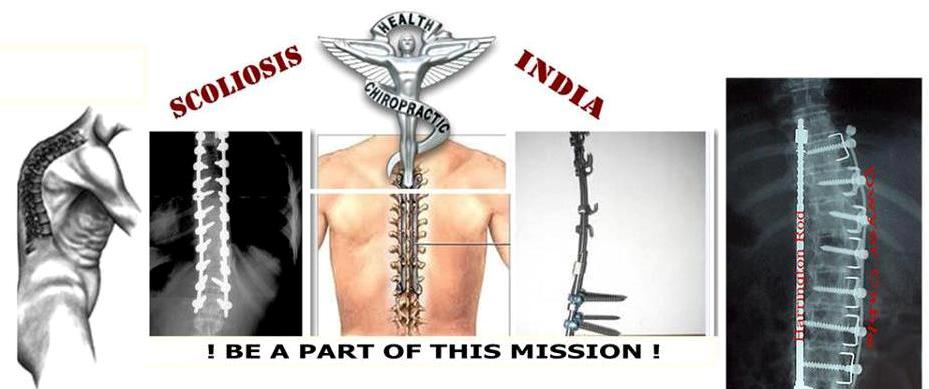‘Such cases have to be operatedto prevent respiratory problems and weakness in the lower limb’
Kyphosis or hunchback is a deformity that not only makes life difficult for a person but also leads to inferiority complex.
Its severity causes pain and discomfort. The patient will not be able to lie on his back and experiences breathing and digestion problems, cardiovascular irregularities, weakness or paralysis of both lower limbs. In more severe cases, the patient’s life span will be reduced.
Hunchback is caused due to tuberculosis or fracture in spine or bones becoming weak due to old age. It can be congenital too, says orthopaedic surgeon B. Leela Prasad of Hyma Spine and Ortho Clinic. Dr. Leela Prasad recently performed a surgery to remove the hunchback of a 22-year-old man.
Neelapu Ashok Kumar, a native of Srikakulam district, is a carpenter by profession. TB in spine, which was not properly treated when he was young, caused kyphosis in him. The deformity is severe in his case.
The surgical procedure, called pedicle subtraction osteotomy, lasted five hours. Anaesthesia had to be administered in a different way as the patient should be in prone position for a long time. Surgeons M. Muralimohan and Y. Seeta Rama Prasad assisted Dr. Leela Prasad. Anaesthetist was G. Atchyuta Rao.
The patient was able to walk on the second day after surgery and was discharged on the fifth day. He became taller by 2 cm since his bent spine was made straight. “Such cases have to be operated not for cosmetic reasons but to prevent respiratory problems and weakness in the lower limb,” the doctor said. “ Better implants and instrumentation systems have made complex surgeries simple,” Dr. Leela Prasad said.
Doctors of the Railway Hospital removed a large ovarian tumour weighing 10.2 kg from the abdomen of a patient during a surgery. A team of doctors lead by senior gynaecologist B. Pradhan performed the surgery. Mahesh Kumar administered the anaesthesia.
Source: The Hindu, 23rd May 2015

No comments:
Post a Comment